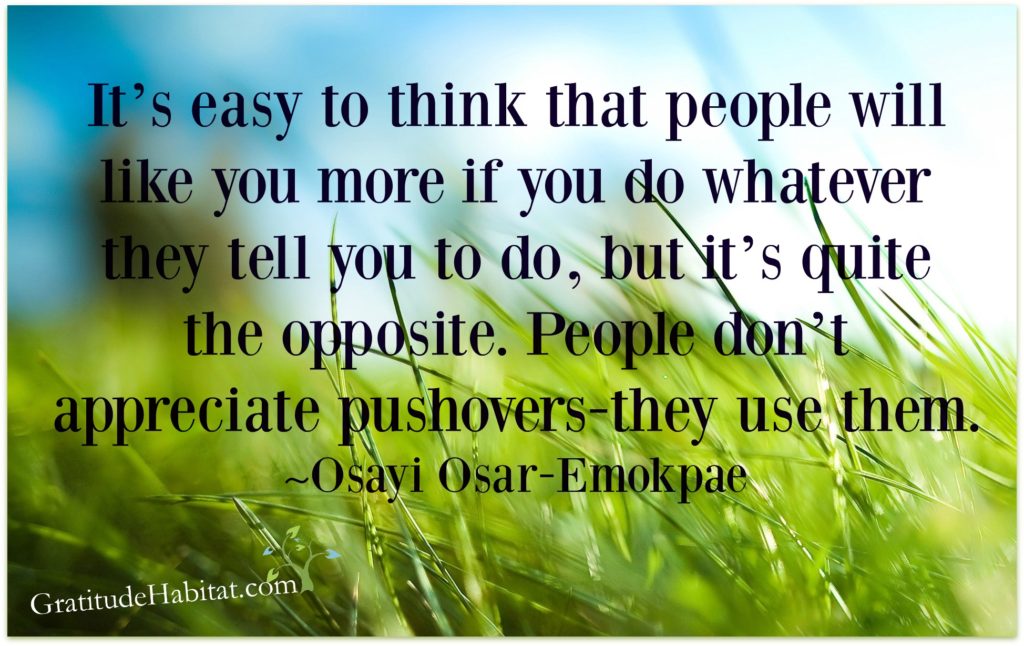Living In Gratitude: 10 Ways to Cultivate Meaningful Relationships
Don’t change so people will like you. Be yourself and the right people will love the real you. ~Anonymous
Social media has enabled us to stay in touch with friends near and far but it doesn’t necessarily equate to meaningful relationships.
Close friendships require time and energy. They need to be nurtured and attended to. Below are 10 ways to cultivate successful relationships with family, friends and even coworkers.
1. BE HAPPY WITH OURSELVES
Liking ourselves is the foundation for others to connect with us. After all, if we fundamentally don’t like who we are, why would anyone else?
2. LEARN TO LISTEN AND UNDERSTAND
Be the person who listens, hearing others without interrupting. Listening is one of the greatest gifts we can give another person. Allowing someone to speak, be heard and understood is an invaluable part of every meaningful relationship. Read more







